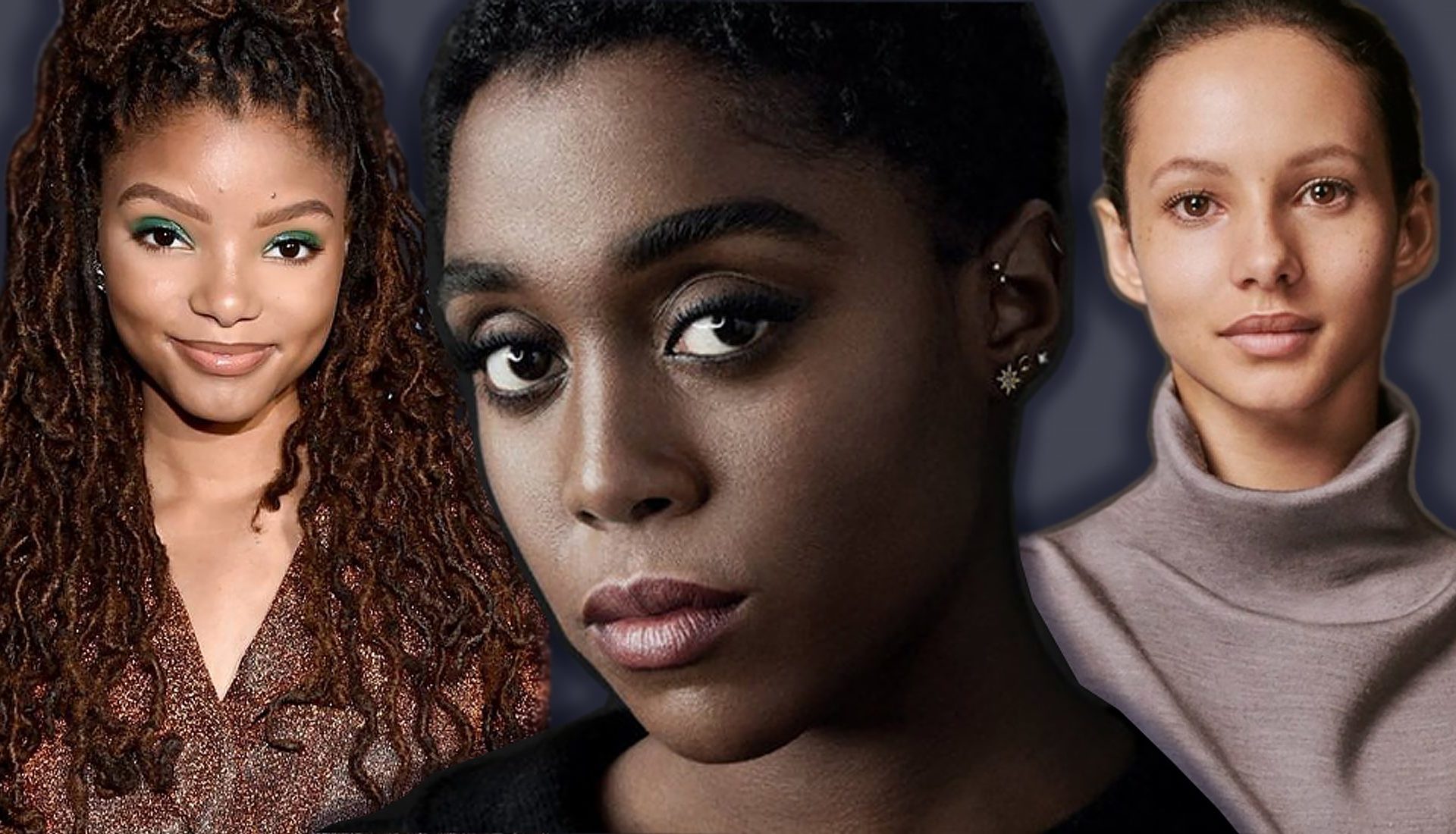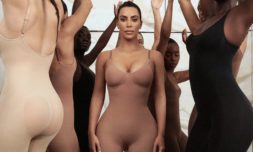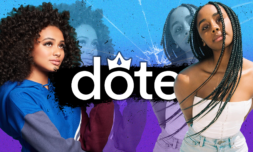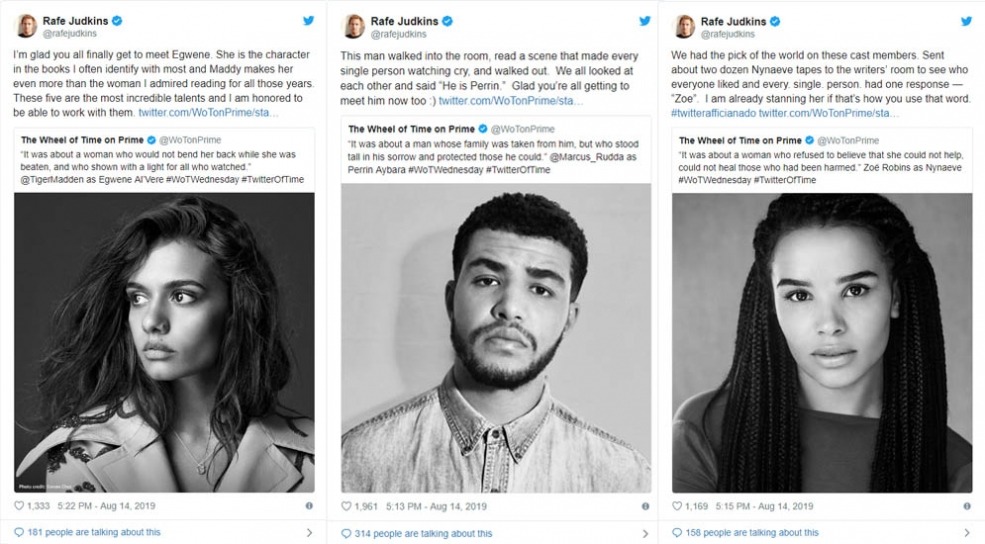Hollywood has a bad reputation for whitewashing and has recently tried to combat the issue with ‘blind casting,’ but are they both part of the same, complex argument?
When is it ok to cast across racial lines?
The dividing opinions of whether race does or doesn’t matter that shapes casting decisions in the 21st century has been met with a great deal of criticism over the years.
In recent months, we’ve seen a mixed bag of reactions towards the actors that have been chosen to portray certain roles and it’s honestly all a bit confusing.


Let’s go back to 2015 when Scarlett Johansson was criticised for whitewashing Japanese manga in Ghost in the Shell.
Saying that as an actor she should be allowed to play ‘any person, tree or animal’ as a requirement of her job, it’s this belief that has led the public to question her so-called ‘continued support’ towards casting diversity.
While she makes a valid point, that actors are indeed expected to have the ability to play anything they are challenged with, it doesn’t excuse a comment so blasé.
The decision to cast a white actor as an Asian character, especially one that is the protagonist of an anime, is undeniably controversial.
Many have argued that it’s another blow to a group of people that already receive little to no representation on the big screen, and it doesn’t stop there.


I’m sure that by now you’ve seen the trailer for the live action version of Cats (and have had the nightmares that go along with it) in which the female lead is played by Kenyan-born actor, Francesca Hayward.
The issue? It’s 2019 and whitewashing is still a thing – even when it comes to CGI.
The animated cat’s fur doesn’t even come close to matching Hayward’s skin tone and one of the main objections from fans is that whilst it’s very clear who the other actors are, she is almost unrecognisable.
‘How come you can clearly see this is Taylor Swift – the entire bottom half of her face is visible – but you wouldn’t know the black lead was black unless you knew her already?’ said one Twitter user.


This response leaves me wondering why, when Halle Bailey was cast as The Little Mermaid in the Disney remake, did #NotMyAriel start trending?!
Despite the constant outpouring of backlash towards Hollywood and their casting choices, the public genuinely have an issue with the fact that a cartoon character is going to be black… *face palm*.
I mean, someone literally tweeted – and I quote – ‘us white girls, who grew up with The Little Mermaid, deserved a true-to-colour Ariel.’ I’m sorry… WHAT?!
Things eventually got so racially charged that some were even calling for a boycott of the film which is, simply put, completely and utterly unacceptable in my opinion.
‘At the end of the day, I think that the spirit of a character is what really matters. What you bring to the table in a character as far as their heart, and their spirit, is what really counts,’ said Jodie Benson (the actor who voiced Ariel in the original animation) and to be honest, I couldn’t have put it better myself.


Following this – and you’d think people would have learned their lesson by now – when it was revealed that Lashana Lynch, a black woman, was set to play the next 007 in the iconic James Bond franchise, everyone went crazy.
‘I think we could remake the idea of a Bond as a woman or as an actor of any ethnicity in another vehicle,’ said Ralph Fiennes.
He’s basically suggesting that it would be great to cast a black woman as a similar character, but not as the 007 because that’s reserved for white, straight men.
Regardless of religion, gender, race or ethnicity, if the actor is best for the role, shouldn’t that be the only criteria that matters?
Although a lot of us have grown up seeing our likeness represented on screen, there are others who haven’t had that privilege.
Instead, they have been made to question their place in society or whether or not they belong because it’s become so normal to see white people on screen in their traditional roles and when something changes, the majority of us can’t handle it.






















